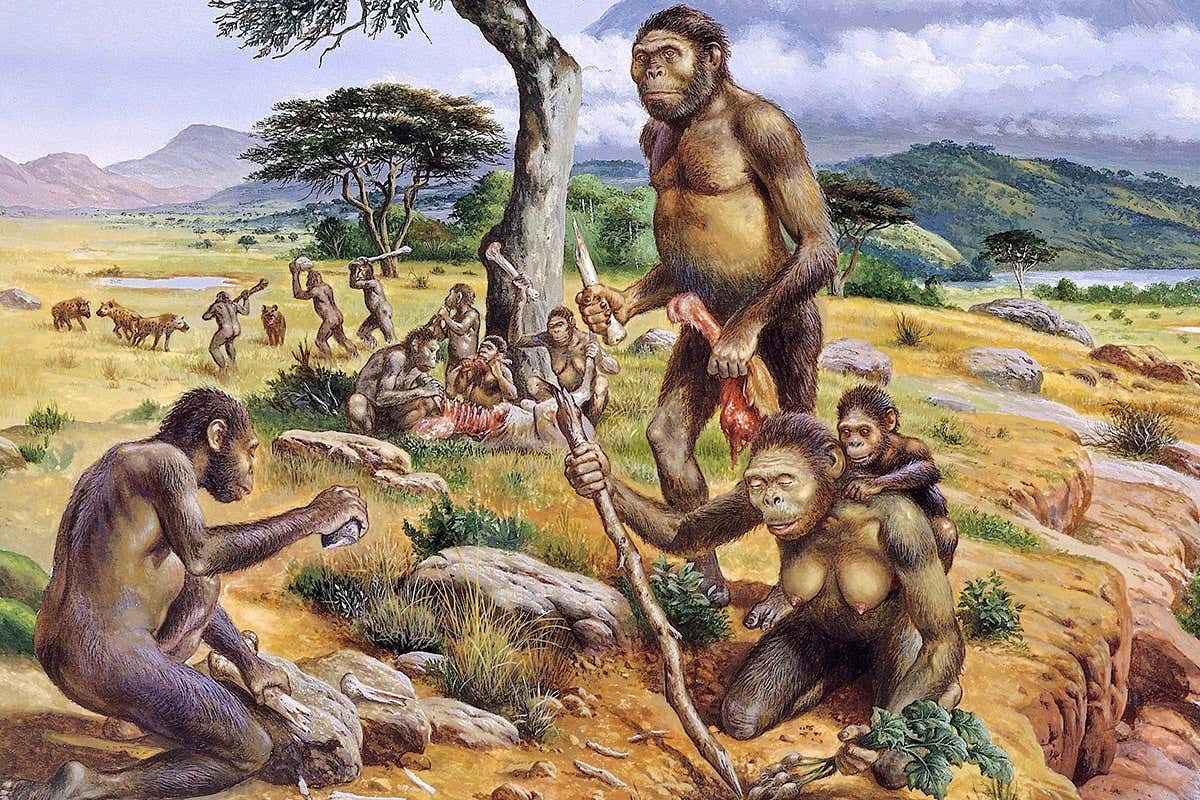ANCESTRAL EATING: Did Fermentation Drive Human Brain Growth?
That's what a new study out of Harvard claims
Hello, my friends. I don’t normally do an ANCESTRAL EATING post on a Thursday — it’s usually a study analysis — but this week I’ve found a study that fits the bill for both, so here we are. I’ve been talking about grains and fermentation for a good few weeks now, and I was pleasantly surprised, when I was doing my scientific rounds, to discover a new journal article on the role of fermentation in hominin evolution.
Biologists and anthropologists have previously claimed that various factors, from the invention of fire to the consumption of significant quantities of meat, were behind the rapid growth of our ancestors’ brains, but this is the first study to claim it may have been something else — fermentation outside the hominin body — that did it.
I’ll start by allowing the researchers to explain the premises behind the new study. (I’ve left the references in so you can go to the cited papers easily if you wish.)
Over the course of 2 million years of evolution, the human brain has tripled in volume. Australopiths possessed brain volumes that were roughly the size of our closest living ape relatives, chimpanzees and bonobos (Pan troglodytes and Pan paniscus)1,2,3. With the appearance of Homo, brain expansion in the human lineage began to accelerate, and continued through to the emergence of H. sapiens and H. neanderthalensis. Although we have much information on the timeline and extent to which the human brain has expanded in our evolution, the mechanisms which drove this expansion are more difficult to determine. Several theories have been proposed, summarized below.
The Expensive Tissue Hypothesis4 argues that the expansion of brain size in the hominin lineage required the reallocation of resources from the digestive system. In this view, the limiting factor for brain expansion is the availability of caloric resources, because brain tissue is metabolically expensive compared to most other tissue. Mutations leading to increased brain size, though they might support more adaptive behavior by the organism, would not be adaptive if they carried with them an increased risk of starvation. A reduction in the amount of gut tissue, which has metabolic needs similar to brain tissue, would free up the calories that would otherwise be used to support and maintain digestion and permit its reallocation to the brain. Supporting this model is the fact that in addition to having relatively large brains, the size of the human gastrointestinal tract is 60% of that expected for a primate of our size4.
The problem here is that the energetic costs of changes to the structure of the gut would be unlikely to be adaptive unless early humans had shifted to a more nutritionally dense food source before those changes took place.
Keep reading with a 7-day free trial
Subscribe to In the Raw to keep reading this post and get 7 days of free access to the full post archives.






